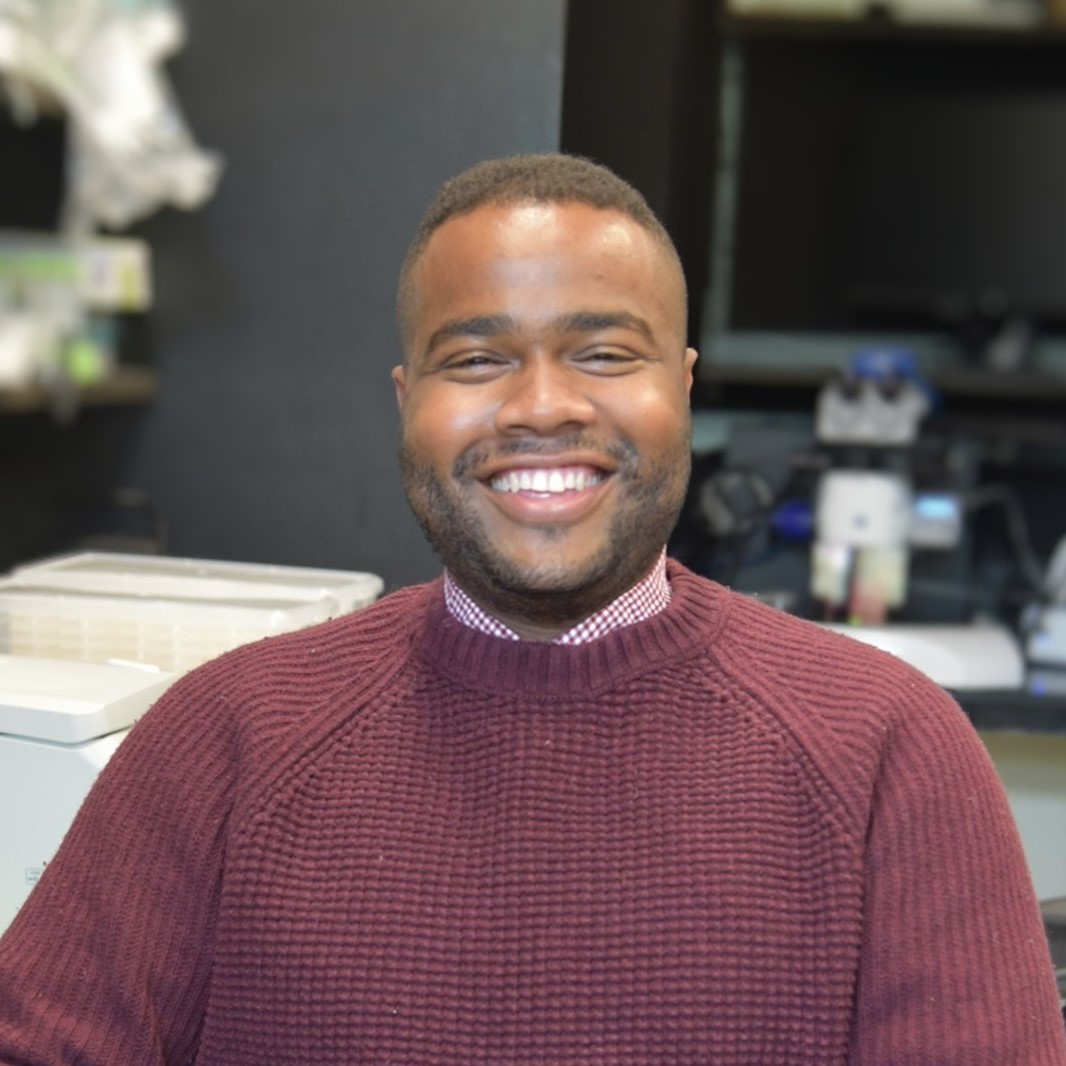Four Worcester Polytechnic Researchers (WPI) who are in the early stages of their careers have received grants totaling $3.7 million for projects that will help establish their laboratories and produce breakthroughs in biology, robotics, and women’s healthcare.
The grants from the National Science Foundation (NSF) and the National Institutes of Health (NIH) will support research into the basic workings of cells in placenta, algorithms that could help robots grasp objects, the genetics behind egg cell division in tiny worms, and mechanisms that allow cells to communicate with each other and their environment. All the projects will run for several years. The studies will be conducted by faculty in WPI’s School of Arts and Sciences and the School of Engineering.
“These projects are supported by prestigious programs that aim to accelerate the work of the nation’s most talented young researchers,” said Bogdan Vernescu, WPI vice president and vice provost for research and innovation. “Together, these awards and projects show that WPI is home to remarkable early-career researchers who are making important contributions in their fields.”
WPI has long been home to distinguished junior faculty who advance science and engineering through their research into more secure computer chips, surgical robots, medical sensors, detection of lies in online news and reviews, better ways to learn mathematics, the mysterious workings of plant cells, and more. Over the past 10 years, WPI’s faculty has included 27 recipients of NSF CAREER Awards, one of the most prestigious honors for junior faculty members who have the potential to become leaders at their research institutions.
“WPI is a place where rising researchers can thrive and grow as scholars, educators, mentors, and leaders,” said Jean King, Peterson Family Dean of Arts and Sciences. “These new projects will answer specific questions about biology, but they also will enable researchers to follow new and emerging leads while training the next generation of scientists.”
“Engineering faculty at WPI are focused on global challenges that impact the health, safety, and productivity of people,” said John McNeill, the Bernard M. Gordon Dean of Engineering. “Early-career faculty in engineering are pushing the boundaries of their fields by pursuing breakthroughs that could improve pregnancy outcomes for women and enable humans and robots to work together.”
Two new projects are led by faculty members in the School of Arts and Sciences. Their research, funded by the NIH, will delve into tiny structures on the surface of cells and the mechanisms that enable eggs to divide.
Inna Nechipurenko
Inna Nechipurenko, assistant professor in the Department of Biology and Biotechnology, has been awarded a $1,890,960 grant through the NIH’s Maximizing Investigators Research Award for Early Stage Investigators. Her lab studies the assembly of tiny cellular antennae called primary cilia, which mediate communication between cells and their environment. Defective cilia cause a myriad of genetic disorders that have no cure. Nechipurenko’s five-year project will delve into mapping the signaling networks that regulate cilia assembly, remodeling, and function in nerve cells to better understand how cilia dysfunction contributes to human neurodevelopmental disorders. A member of the faculty since 2020, Nechipurenko previously received grants from the NIH and the Charles H. Hood Foundation for her work. She received her PhD in neuroscience from Case Western Reserve University.

Karl-Frédéric Vieux
Karl-Frédéric Vieux, an assistant professor in the Department of Biology and Biotechnology, has been awarded $747,000 through the NIH’s Maximizing Opportunities for Scientific and Academic Independent Careers program that supports diverse researchers transitioning from postdoctoral programs to careers. Vieux received his PhD from McGill University, was a postdoctoral fellow at NIH, and joined the WPI faculty in July 2024. His research focuses on transcribed copies of genes, known as RNA, and the molecular modifications that regulate their expression and stability in the context of reproduction. His project, which began during his postdoctoral fellowship at NIH and will continue for up to three more years, focuses on understanding the role of these genes during the process in which an egg transitions into an embryo.













